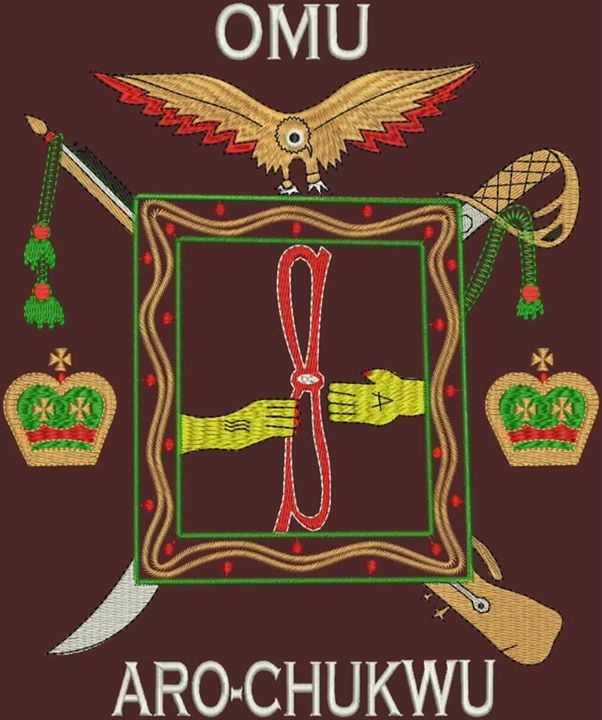EDUCATION AND TRAINING COMMITTEE (Inaugurated August 2020)
The ADG recognized that a community thrives when its people are safe and equipped with the right skills. To this end, the Education and Training Committee of the Amuvi Development Group (ADG) was inaugurated in August 2020 with the “desire to mitigate the harsh economic consequences of the [Covid 19] pandemic” to our youth. By training them in various trades, the ADG through its Education and Training Committee are not just helping individuals find their path; we are building a stronger, self-reliant Amuvi. Through hands-on learning and mentorship, we turn potential into expertise, ensuring that every youth who passes through our program gains the skills to stand on their own and contribute meaningfully to the community.
The ADG entrepreneurial scheme is an integrated process to achieve this endeavor, borne, and it has five stages namely, value reorientation, vocational training, apprenticeship/attachment, empowerment and monitoring/evaluation
Members
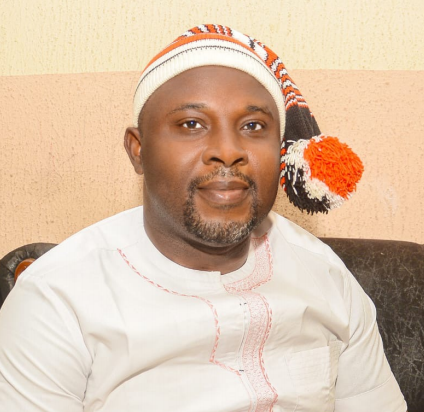
Mazi Chibueze Tobias Orji
Chairman
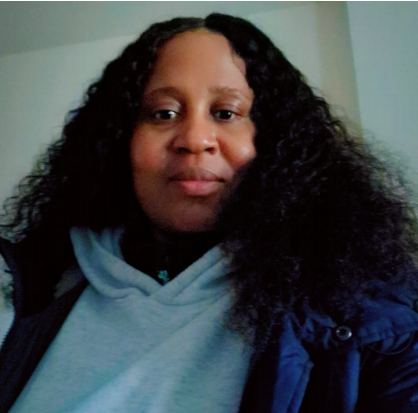
Adamazi Onyinyechi Akabueze
Member
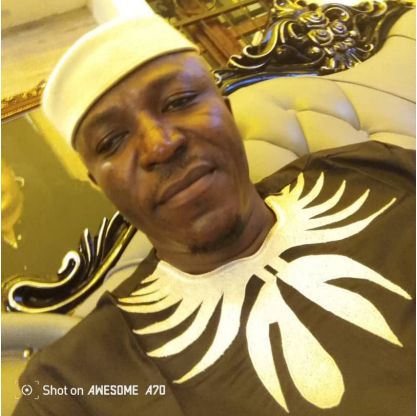
Mazi Uja Oji Uja
Co-Coordinator
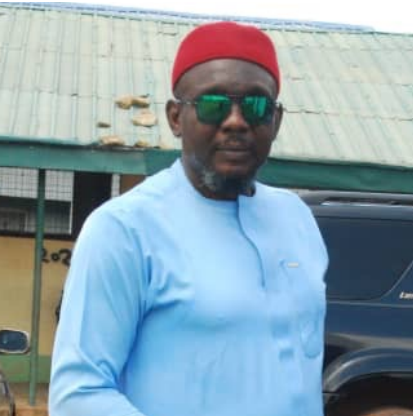
Mazi Engr. Jonathan Oji
Member
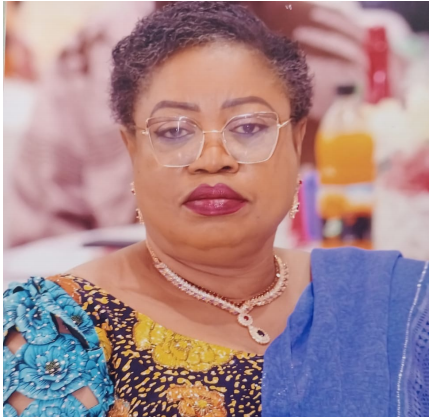
Adamazi Uzoamaka Yahaya
Consultant

Nye-Mazi Uju
ND-Ezuma
Member/Secretary ADG
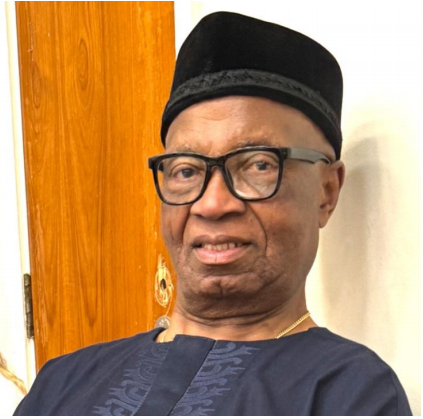
Mazi Godfery Oti
Member
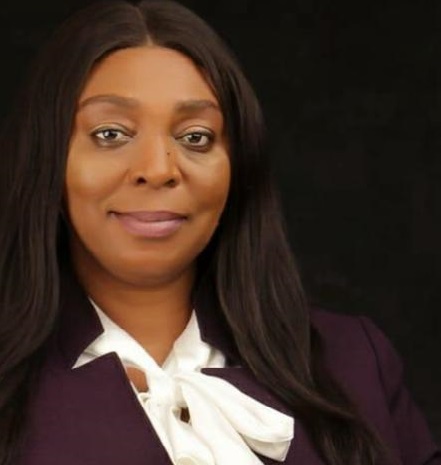
Adamazi Dr. Ijeoma Okoronkwo
Co-Chairman/Financial Secretary ADG
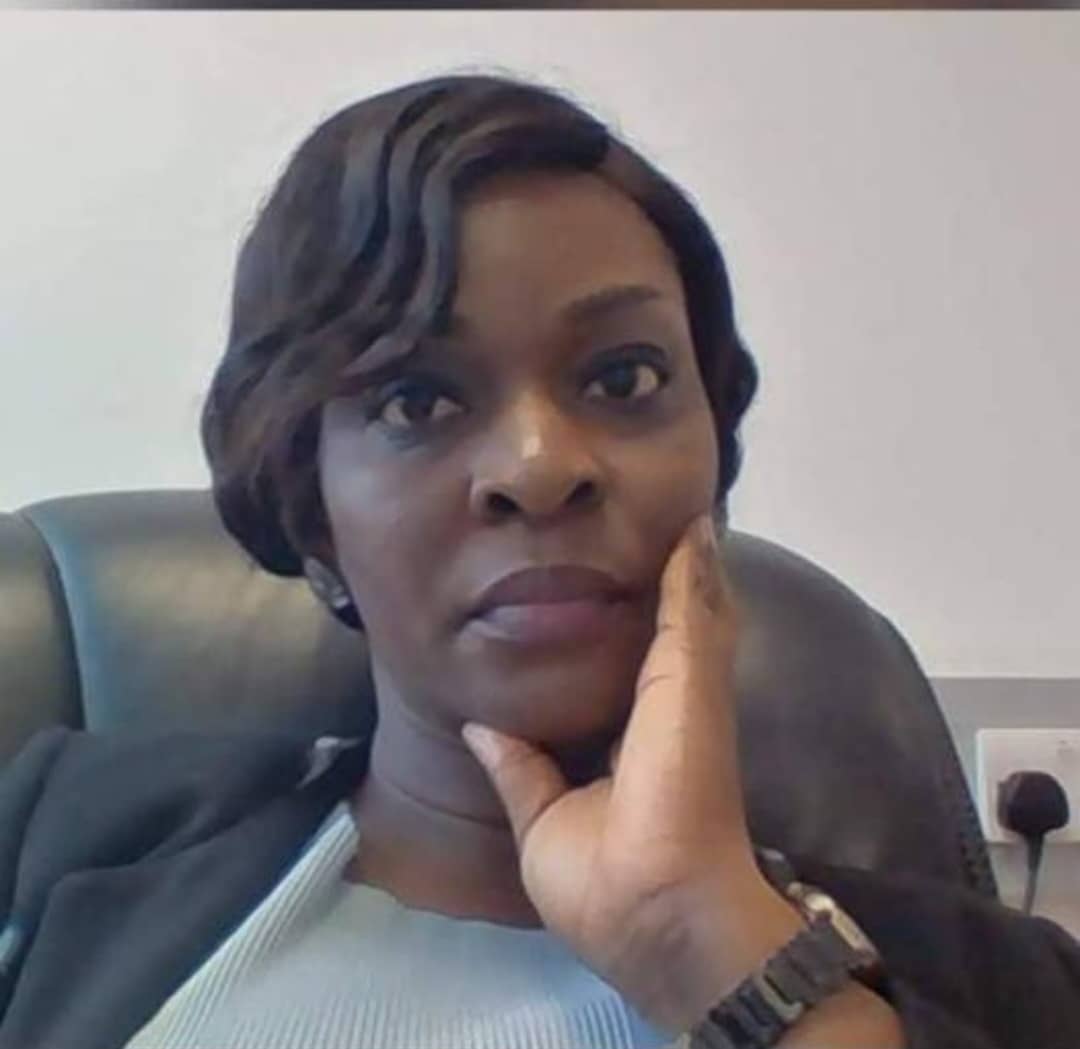
Adamazi Barr. Ola Orji
Asst. Secretary ADG
MISSION
The mission of the Education and Training Committee is to build a prosperous and self-sustaining Amuvi by fostering economic growth, empowering our youth, and promoting ethical governance. The mission of the committee can be summarized under the following broad objectives:
1. Driving Sustainable Economic Growth and Development
- Establish a local economic development platform to foster long-term prosperity, reduce poverty, curb social vices, and improve the overall quality of life in Amuvi.
- Promote strategic partnerships and resource mobilization to create employment opportunities and stimulate economic resilience within the community.
2. Empowering Youth Through Skills, Entrepreneurship, and Innovation
- Launch a comprehensive youth empowerment program that includes Value Reorientation Training, vocational training, apprenticeship/attachment programs, business startup support, and structured monitoring/evaluation to equip young people with skills that drive local enterprises.
- Partner with the Industrial Training Fund (ITF) Area Office in Enugu to provide vocational training, ensuring that Amuvi youth acquire marketable skills for self-employment and economic independence.
3. Strengthening Governance, Ethics, and Accountability
- Establish a culture of transparency, accountability, and ethical leadership, fostering a strong foundation for sustainable community development.
- Uphold core values and principles that will shape a thriving, economically self-sufficient, and forward-thinking Amuvi society.
ACHIEVEMENT
Our journey toward economic empowerment and community development has yielded significant progress in two major areas: Skills Acquisition & Entrepreneurship Training and Uda Palm Oil Processing Mill Development.
1. Transforming Youth Through Skills Acquisition and Entrepreneurship
- Since its inception in January 2021, the AWADA-ADG Skills Acquisition Program has registered 83 youths, providing structured entrepreneurial training and mentorship.
- So far, 61 participants have successfully progressed through various stages of the program, gaining critical vocational skills to support self-employment and economic independence.
2. Establishment of Uda Palm Oil Processing Mill
- In 2021, AWADA-ADG, in collaboration with the AWADA Women’s Branch (Onyemaranwanneya), successfully secured a $10,000 grant from the United States Ambassador’s Special Self-Help Program to establish the Uda Palm Oil Processing Mill in Amuvi.
- With additional counterpart funding from AWADA-ADG, a complete set of modern palm oil milling machines was procured and installed, significantly boosting local agricultural processing capacity.
- Initial efforts to operationalize the mill through the Uda-Amuvi Multipurpose Cooperative Society Ltd faced setbacks due to challenges in management transition.
- Currently, a tripartite team comprising AWADA, ADG, and Onyemaranwaneya is actively working on a sustainable operational model to ensure the mill becomes fully functional and serves its intended purpose.
These achievements highlight our commitment to economic empowerment, youth development, and community-led industrial progress. As we build on this foundation, we remain focused on overcoming challenges to further enhance impact and sustainability.
CHALLENGES
The Education and Training Committee faces several key challenges that must be addressed to achieve its mission effectively. Therefore, to successfully implement our vision and ensure long-term impact, we must address the following critical challenges:
1. Funding for Business Startups and Vocational Training
- Empowering Graduates: Many trainees successfully complete their apprenticeships but lack the financial support needed to launch their businesses. Sustainable funding is crucial to help them transition from training to self-sufficiency.
- Sponsoring New Trainees: A growing number of eager youths seek vocational training opportunities. While tuition-free programs have been approved, structured funding is essential to accommodate new intakes systematically and equitably.
2. Strengthening Program Management and Expertise
- Expanding Mentorship & Oversight: To maintain quality and efficiency, the program requires more experienced professionals in management, as well as dedicated mentors for monitoring and evaluation. Strengthening this support system is key to ensuring long-term success.
3. Upgrading Training Facilities for Greater Impact
- Renovation of the Amuvi Training Hub: Enhancing the infrastructure and operational scope of the training center will allow us to accommodate more trainees and expand program offerings, ultimately increasing our impact in the community.
By addressing these challenges, we can create a more effective and sustainable program that truly transforms the lives of Amuvi’s youth and strengthens the local economy.
